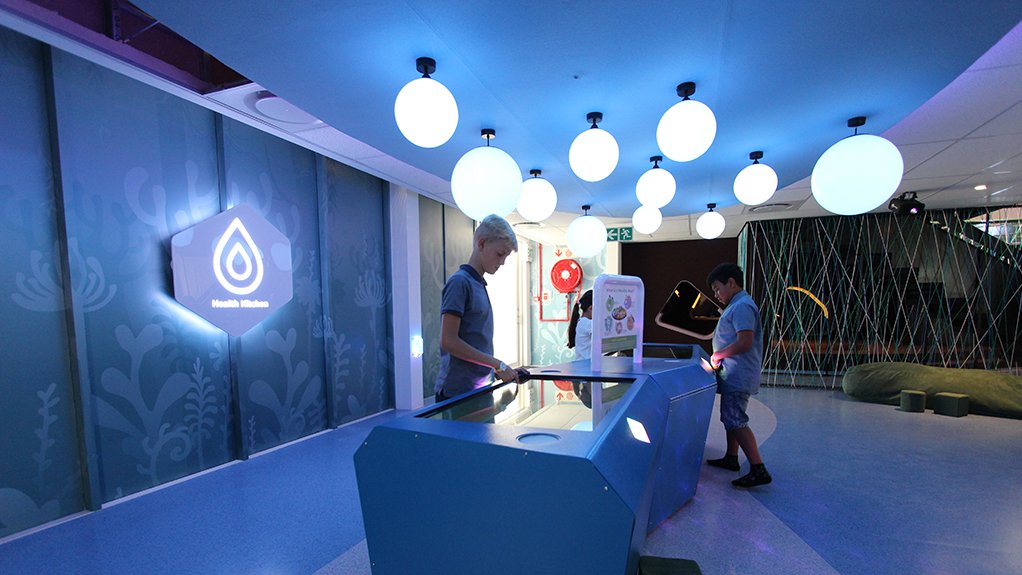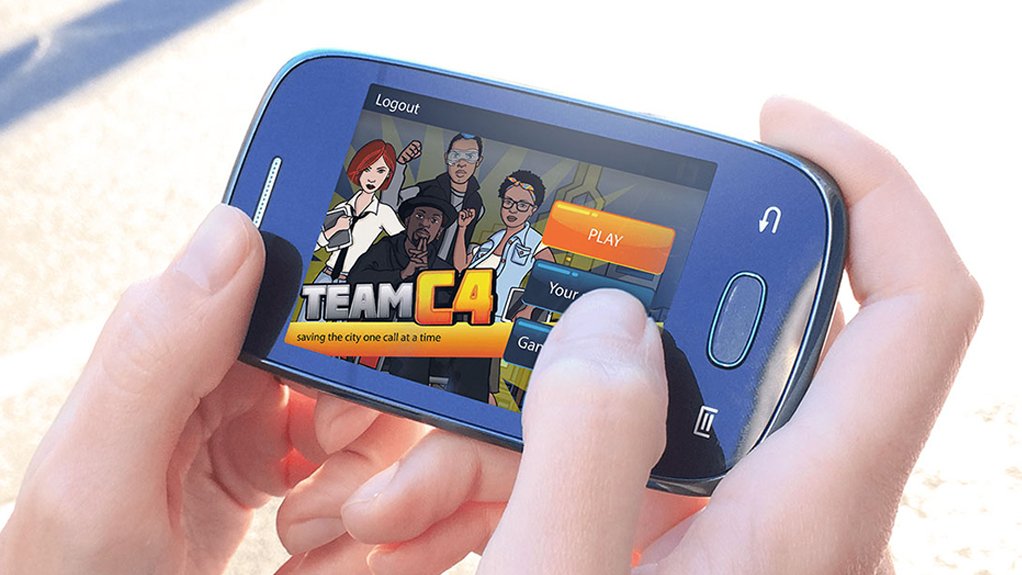Design agency Formula D Interactive has completed the concept design for a science centre in Mbombela (formerly Nelspruit), Mpumalanga; the design for the centre has been commissioned by a local non-governmental organisation and social impact organisation for a school in the area.
“We’re about to start the detailed design process, and the school is looking to open the centre towards the end of next year. The scope of work includes designing an area where students can explore different occupations linked to the content that they’ve been exposed to in the centre,” says Formula D Interactive MD Marco Rosa.
Formula D will incorporate elements such as in-room and head-mounted virtual reality, as well as augmented reality. While some of the hardware will be sourced from global suppliers, the content and setwork will be designed and produced by Formula D.
The concept phase began last year and took three months to complete, with the phases up to the completion of the centre taking six to eight months, Rosa explains.
“This is a turnkey project and includes the design and production of all the elements of the science centre, which will be funded by a host of private-sector funders in the area,” Rosa points out.
Science centres are “perfectly poised” to be the introduction points for South African youth to science and careers linked to science, and Formula D can help such centres generate funding by producing concepts that are “relevant and enticing for the private sector”, he adds.
“The intended impact is deep learning and retention. The more immersed and engaged a person is in subject matter, the more likely that person is to learn. We’ve done museums and kids ‘edutainment’ centres, but this will be our first full science centre from start to finish,” Rosa explains.
To improve the company’s solutions in the future, Formula D is incorporating behavioural science into its design process, which is having a significant impact on the efficacy of these solutions.
“Behavioural science is the study of cognitive processes in humans and how they behave as a result. Therefore, designing solutions with that in mind enables us to create experiences that have a better chance of creating a desired behaviour or outcome, or making information stick in the minds of the audience.”
He adds that incorporating this science into its solutions for the local market has also included taking culture and backgrounds into account.
“We do this by building audience avatars that broadly represent the target audience. That is a human-centred design approach, which is something we’ve always incorporated into our process.”
Educational Games
While most of Formula D’s work has been international, Rosa states that the company would like to provide more solutions that have an impact on learning for the local market, as the company is based in South Africa.
These solutions include mobile games for educational purposes or “serious games”.
“When one thinks about the type of interaction that youth are drawn to and spend time on, games are often the most prolific. Therefore, ‘serious games’ are having the most potential to appeal to and have an impact on South African youth.”
Formula D has been involved in a number of local solutions related to serious games.
Through the company’s nonprofit entity Learning IDL, funded by Formula D, the company designed a curriculum to teach primary and high school kids how to design games on computers.
This was also rolled out to a few schools in the Western Cape, as the aim was to develop a curriculum that could be scaled and rolled out to schools that have the necessary infrastructure.
“Kids would design games linked to subject matter that, in turn, is linked to their curriculum. They would then upload their games to an online platform accessible by other schoolchildren. The games would obviously need to be curated, but eventually we could have a database of games for kids, made by kids, which would cover all aspects of the curriculum and that other kids use to learn from.”
Meanwhile, Formula D has developed a number of “serious games” for the local market, one of which is the mobile game, Team C4, which the company designed for local call centre body Business Process Enabling South Africa.
The mobile game had three objectives, the first of which was to inform the youth about job and career opportunities in the call centre industry and dispel negative perceptions about the sector.
The second objective was to use the gameplay to identify particular skills and competencies in players that are relevant to the industry. This objective would help with the third objective, which is to connect the individuals demonstrating the necessary skills and competencies with companies looking to hire people who have those skills.
Rosa states that the impact Team C4 had, however, was not ideal, as Team C4 was not distributed properly.
“The testing and trial phases proved that the application (app) achieved its objectives, but it didn’t get the chance to prove itself in the field, as there was little uptake. A large part of what it takes to make a successful mobile app is the distribution of that product. We are not distributors, but there are companies that are specialists and can help to ensure uptake,” he concludes.
Edited by: Zandile Mavuso
Creamer Media Senior Deputy Editor: Features
EMAIL THIS ARTICLE SAVE THIS ARTICLE
ARTICLE ENQUIRY
To subscribe email subscriptions@creamermedia.co.za or click here
To advertise email advertising@creamermedia.co.za or click here















